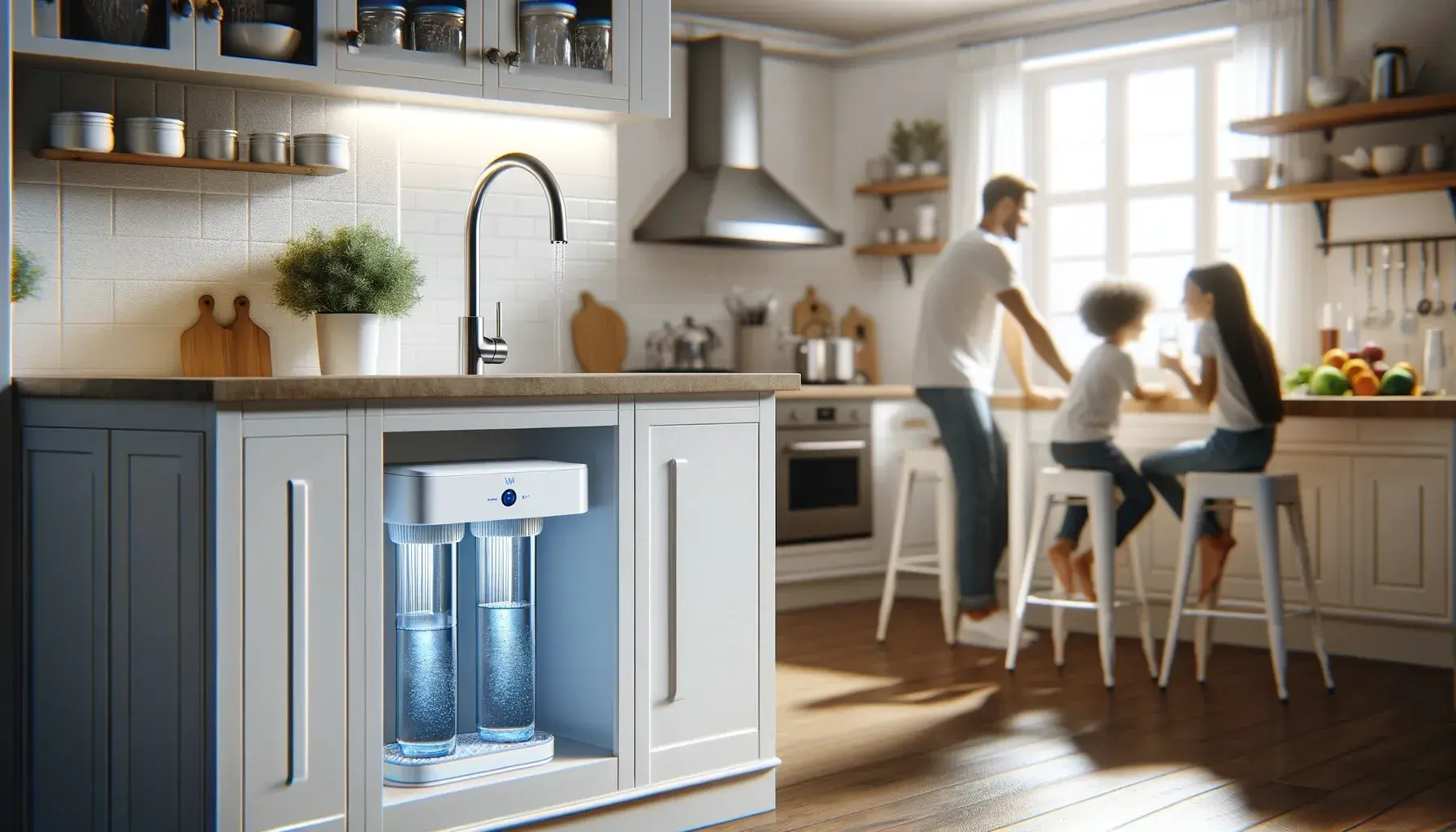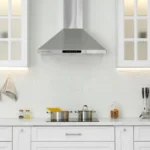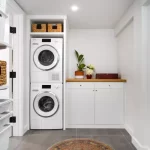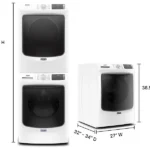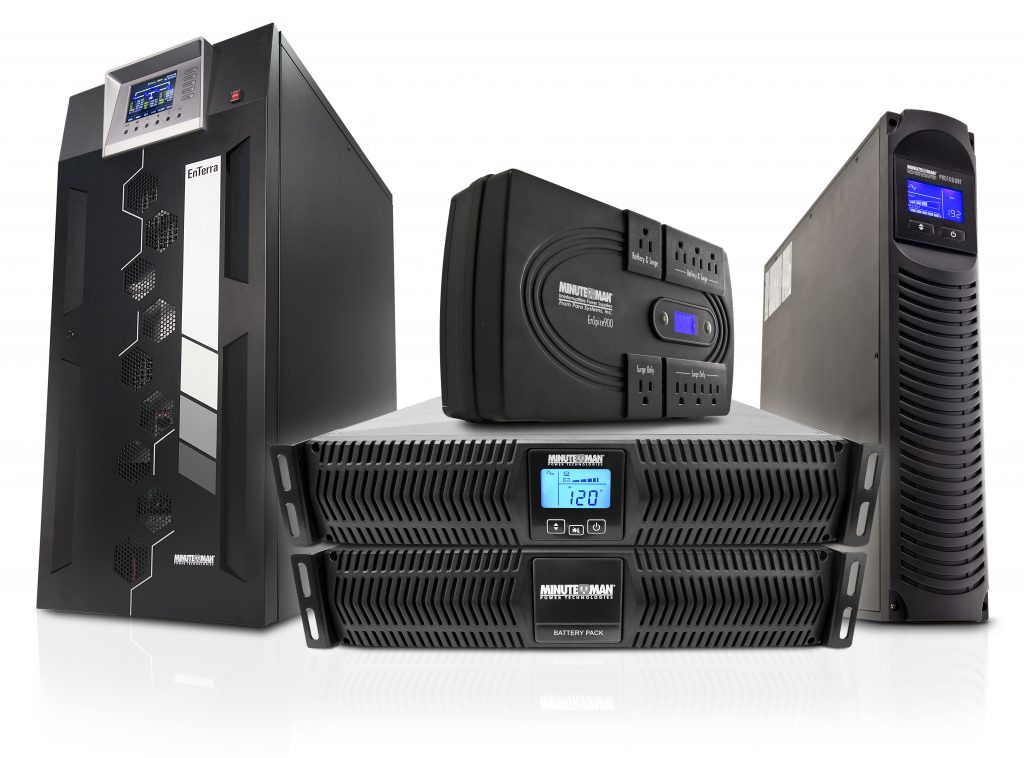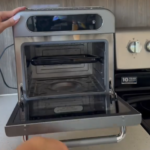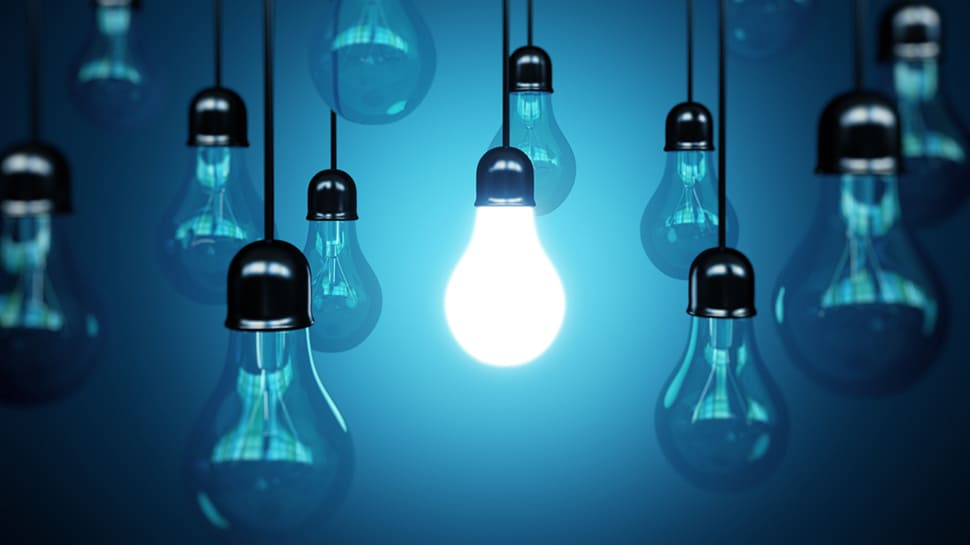Clean and safe drinking water is essential for maintaining good health. With increasing concerns about water contamination, investing in a reliable water filtration system for your home has become more important than ever. This guide will help you understand the different types of water filtration systems available, assess your home’s water quality, and choose the best system to meet your needs. Finding the best water filtration system for your home use can significantly improve your water quality, ensuring that every drop you drink is safe and healthy.
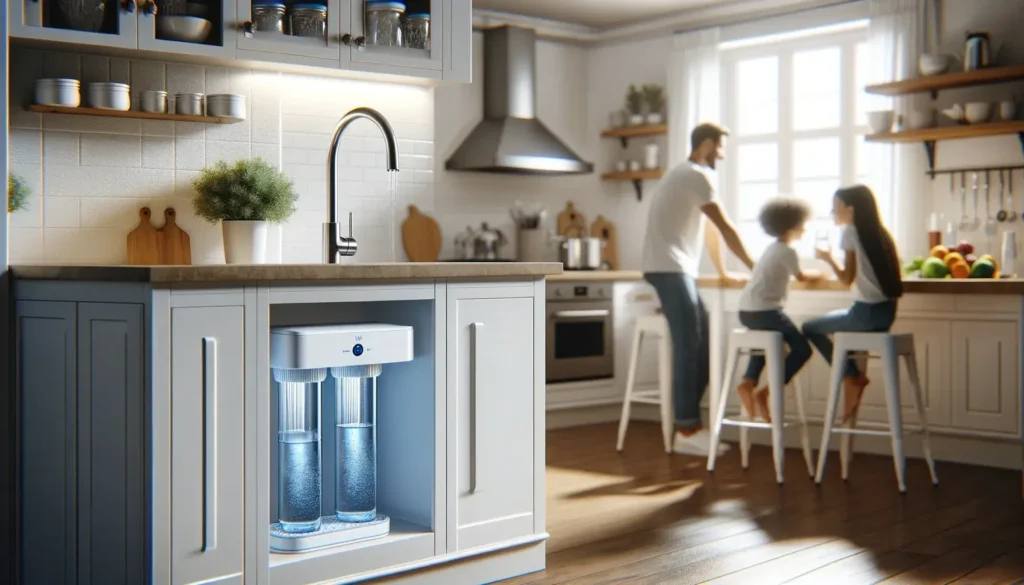
Content
Understanding Water Filtration Systems
What is a Water Filtration System?
A water filtration system is a device or set of devices designed to remove impurities and contaminants from water, making it safe for drinking and other household uses. These systems vary in complexity and effectiveness, from simple activated carbon filters to advanced reverse osmosis systems. A home water purification system ensures that your family has access to clean and safe water right from the tap.
Different Types of Best Water Filtration System for Your Home
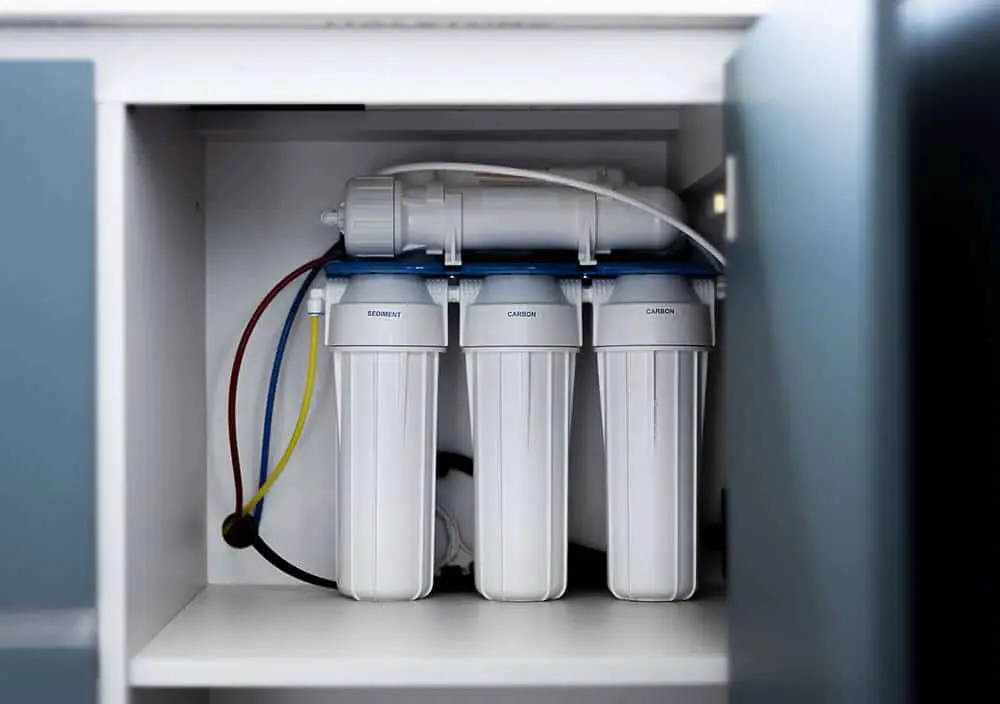
Point-of-Entry (Whole House) Systems
Point-of-Entry systems are installed at the main water line entering your home. They filter all the water that flows into your house, ensuring clean water for drinking, cooking, bathing, and other uses. This type of system is often referred to as a whole house water filter because it provides comprehensive water filtration for the entire household.
Point-of-Use Systems
Point-of-Use systems are designed to filter water at specific locations, such as under the sink, on the countertop, or attached to a faucet. These systems are ideal for households that need filtered water only in certain areas.
- Under-Sink Systems: Installed under the kitchen sink, these systems provide filtered water directly to a dedicated faucet.
- Countertop Systems: Easy to install and use, these systems sit on the countertop and are connected to the faucet.
- Faucet-Mounted Systems: Attached directly to the faucet, these systems provide filtered water on demand.
Reverse Osmosis Systems
Reverse Osmosis (RO) systems use a semi-permeable membrane to remove a wide range of contaminants from water. These systems are highly effective but can be more expensive and require more maintenance. They are among the best water filters for home use, especially for removing dissolved solids and other impurities.
UV Purification Systems
UV Purification systems use ultraviolet light to kill bacteria, viruses, and other microorganisms in the water. They are often used in conjunction with other best water filtration system for your home to provide comprehensive water purification. This type of residential water filtration solution is effective for ensuring microbiologically safe water.
Activated Carbon Filters
Activated Carbon Filters use activated carbon to remove chlorine, sediment, volatile organic compounds (VOCs), and other impurities from water. These filters are common in many types of water filtration systems due to their effectiveness and affordability. They are often included in the best water filters for home use because of their ability to improve taste and odor.
How Water Filtration Systems Work
Best water filtration system for your home use various methods to remove contaminants from water, including physical filtration, chemical absorption, and biological processes. The choice of method depends on the type of contaminants present in the water and the specific needs of the household. For a comprehensive home water purification system, multiple filtration methods may be combined.
Assessing Your Home’s Water Quality
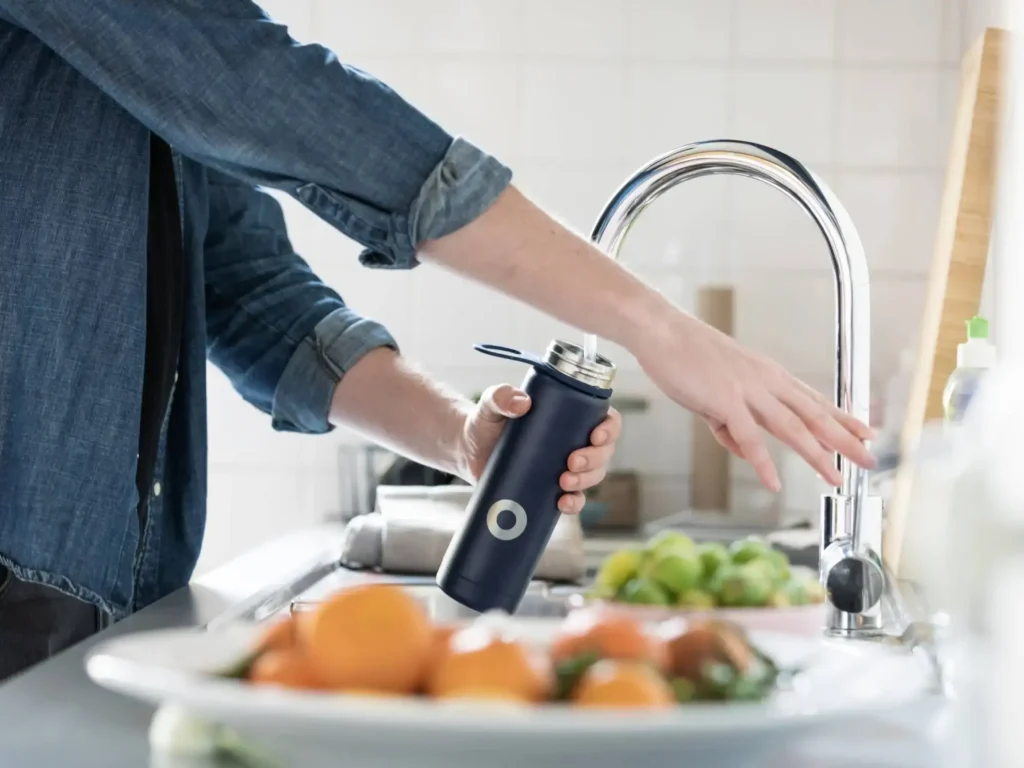
Common Contaminants in Tap Water
Tap water can contain a variety of contaminants, including:
- Microorganisms: Bacteria, viruses, and protozoa that can cause illness.
- Chemicals: Chlorine, lead, pesticides, and industrial chemicals.
- Sediments: Dirt, rust, and other particles.
- Minerals: Hard water minerals like calcium and magnesium.
How to Test Your Water Quality
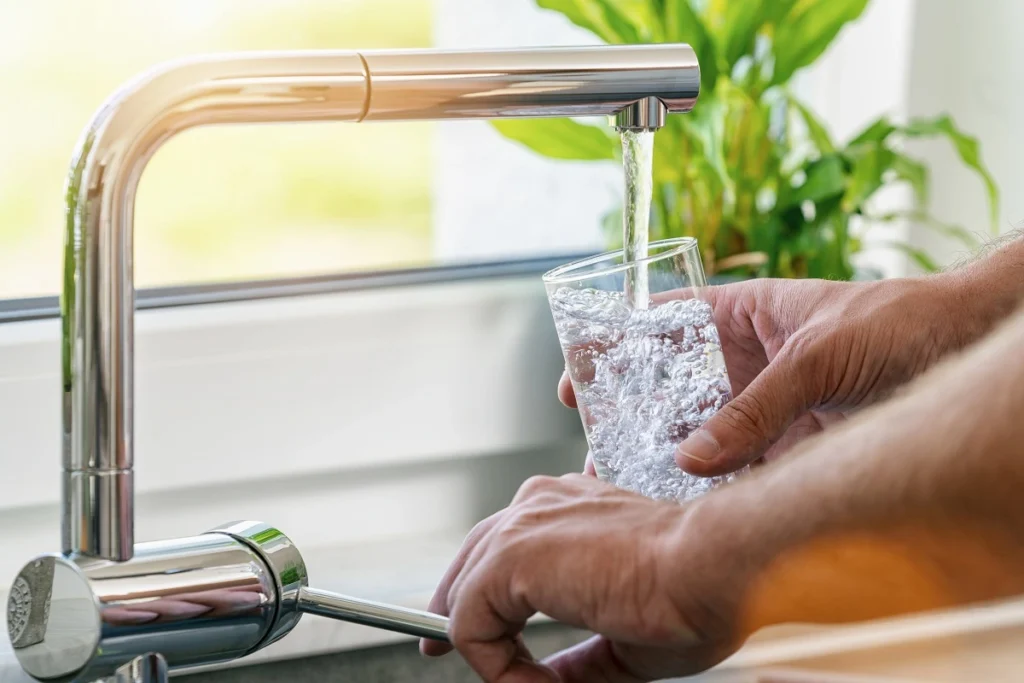
Home Water Testing Kits
Home water testing kits are an affordable and convenient way to test your water for common contaminants. These kits typically include test strips or vials that change color based on the presence of certain substances. They are an essential part of evaluating the best water filters for home use.
Professional Water Testing Services
For more comprehensive and accurate results, consider using a professional water testing service. These services can test for a wider range of contaminants and provide detailed reports on your water quality. They can also recommend the best residential water filtration solutions based on the test results.
Understanding Water Quality Reports
Water quality reports provide information on the levels of various contaminants in your water. Understanding these reports can help you determine the best type of best water filtration system for your home needs. Look for information on the concentration of specific contaminants and compare these levels to the recommended safety standards. This knowledge will guide you in selecting the right home water purification system.
Choosing the Right Water Filtration System
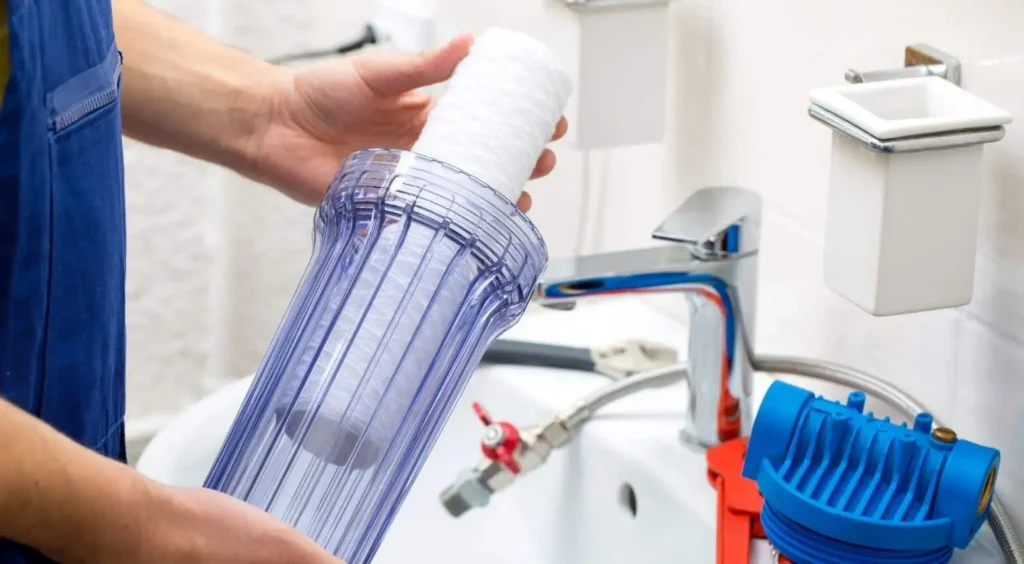
Factors to Consider
Water Quality and Contaminants
The type of water filtration system you need depends largely on the contaminants present in your water. For example, if your water contains high levels of lead, you’ll need a system that specifically targets lead removal. This is crucial for finding the best water filters for home use tailored to your specific needs.
Budget and Maintenance Costs
Best water filtration system for your home vary in price and maintenance requirements. Consider your budget and the long-term costs of filter replacements and maintenance when choosing a system. Affordable water filtration options for home can provide effective filtration without breaking the bank.
Space and Installation Requirements
Some water filtration systems require more space and complex installation processes than others. Ensure you have the necessary space and expertise to install and maintain the system you choose. Whole house water filters, for instance, may require more installation space compared to point-of-use systems.
Filtration Speed and Capacity
Different systems have varying capacities and filtration speeds. Consider the size of your household and your daily water usage to determine the right system for you. The best water filters for home use will balance speed and capacity to meet your household’s needs.
Certification and Standards (NSF, ANSI)
Look for water filtration systems that are certified by reputable organizations like NSF International and the American National Standards Institute (ANSI). These certifications ensure that the system meets certain safety and performance standards. Certified residential water filtration solutions are more likely to provide reliable and effective results.
Comparing Different Water Filtration Systems
Pros and Cons of Each Type
Point-of-Entry Systems:
- Pros: Provides clean water for the entire house; long-lasting filters.
- Cons: Higher initial cost; more complex installation.
Point-of-Use Systems:
- Pros: Targeted filtration; easier to install and maintain.
- Cons: Limited to specific locations; may need multiple units for comprehensive coverage.
Reverse Osmosis Systems:
- Pros: Highly effective at removing a wide range of contaminants.
- Cons: Expensive; can produce wastewater; requires regular maintenance.
UV Purification Systems:
- Pros: Effective at killing microorganisms; chemical-free.
- Cons: Does not remove chemical contaminants or sediments.
Activated Carbon Filters:
- Pros: Affordable; effective at removing chlorine and improving taste.
- Cons: Limited lifespan; not effective against all contaminants.
Best Uses and Limitations
Each type of water filtration system has its best uses and limitations. For example, point-of-entry systems are ideal for households that need comprehensive water filtration, while point-of-use systems are better suited for targeted filtration in specific areas. Evaluating these factors helps in selecting the best water filters for home use.
Top Water Filtration Systems for Home
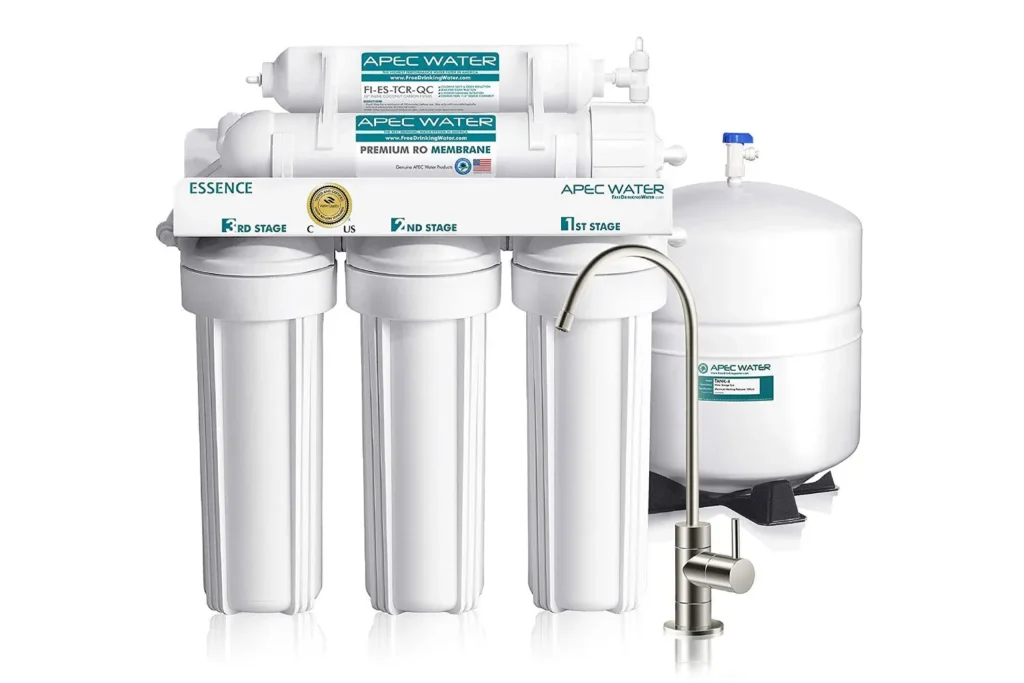
Review of the Top-Rated Systems on the Market
Aquasana Rhino Whole House Water Filter
- Features: Removes chlorine, lead, mercury, and other contaminants; long-lasting filters.
- Pros: Comprehensive filtration; high flow rate.
- Cons: Expensive; professional installation recommended.
Brita Tap Water Filter System
- Features: Easy installation; filters out chlorine, lead, and particulates.
- Pros: Affordable; convenient; improves taste and odor.
- Cons: Limited to faucet use; frequent filter replacements.
iSpring RCC7AK 6-Stage Reverse Osmosis System
- Features: 6-stage filtration; adds beneficial minerals back into the water.
- Pros: High-quality filtration; enhances taste.
- Cons: Produces wastewater; higher maintenance.
PUR Advanced Faucet Water Filter
- Features: Easy to attach; removes over 70 contaminants.
- Pros: Affordable; easy to use; improves water taste.
- Cons: Limited to faucet use; frequent filter changes.
Express Water UV Reverse Osmosis Water Filtration System
- Features: Combines reverse osmosis and UV purification; 11-stage filtration.
- Pros: Comprehensive filtration; effective against microorganisms.
- Cons: Expensive; requires regular maintenance.
Recommendations for Specific Needs
- Lead Removal: iSpring RCC7AK 6-Stage Reverse Osmosis System
- Hard Water: Aquasana Rhino Whole House Water Filter
- Bacteria Removal: Express Water UV Reverse Osmosis Water Filtration System
- Budget-Friendly: Brita Tap Water Filter System
- Convenience: PUR Advanced Faucet Water Filter
These systems represent some of the best water filters for home use, catering to various needs and budgets.
Installation and Maintenance Tips
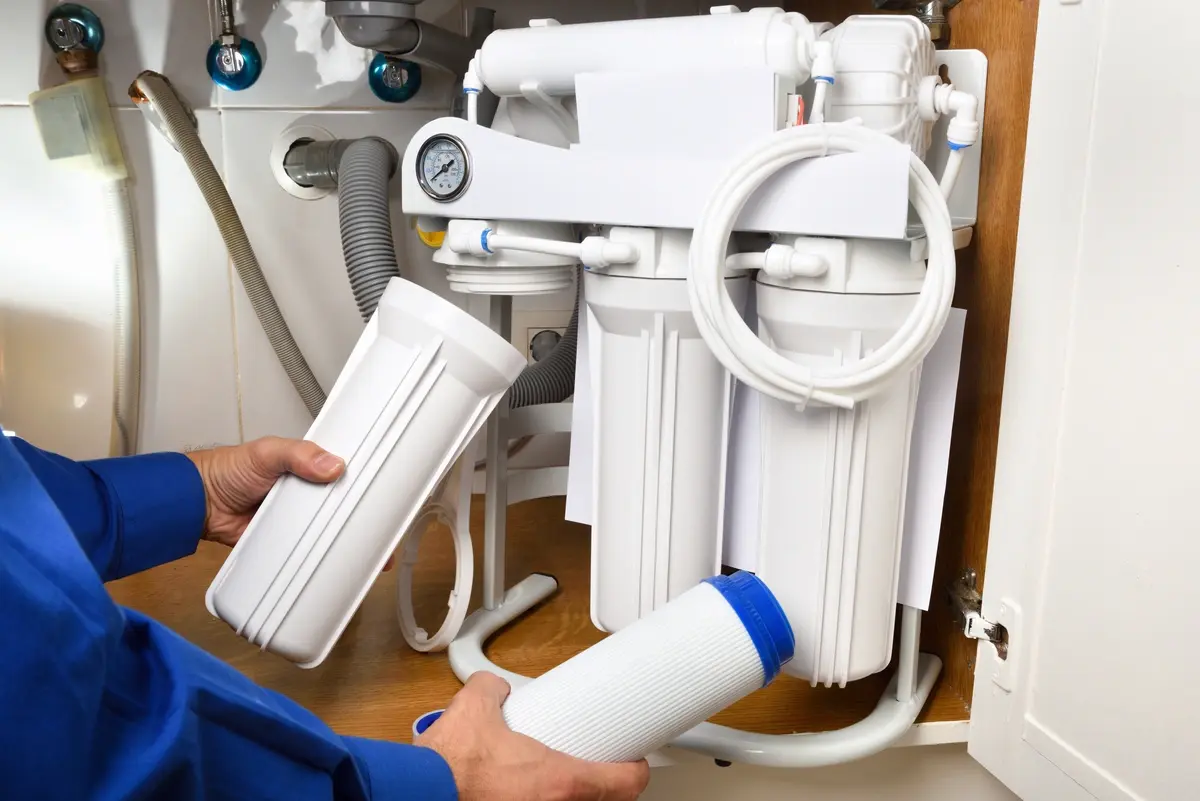
DIY Installation vs. Professional Installation
While some water filtration systems can be installed by homeowners, others may require professional installation. Consider your skills and comfort level with plumbing tasks before deciding. Whole house water filters, for example, often need professional installation due to their complexity.
Step-by-Step Installation Guides for Common Systems
Under-Sink Systems:
- Turn off the water supply.
- Install the mounting bracket.
- Connect the system to the cold water line.
- Attach the dedicated faucet.
- Turn on the water supply and check for leaks.
Countertop Systems:
- Connect the system to the faucet.
- Secure the system on the countertop.
- Flush the system as per manufacturer’s instructions.
Faucet-Mounted Systems:
- Remove the aerator from the faucet.
- Attach the filter system to the faucet.
- Run water through the system to flush it.
Regular Maintenance and Filter Replacement
Regular maintenance is crucial to ensure your water filtration system operates effectively. Follow the manufacturer’s recommendations for filter replacement and system cleaning. Typically, filters need to be replaced every 3-6 months to maintain the best water filters for home use.
Troubleshooting Common Issues
- Low Water Pressure: Check for clogged filters or kinks in the water line.
- Leaking: Ensure all connections are tight and the O-rings are in place.
- Bad Taste/Odor: Replace filters and clean the system as needed.
Benefits of Using a Water Filtration System
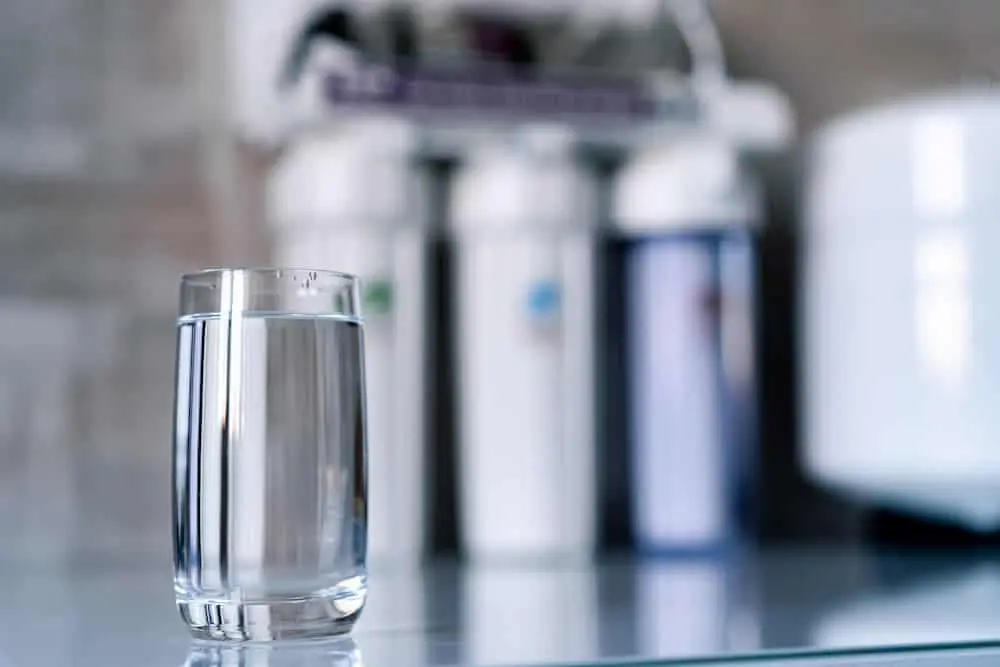
Health Benefits
Removal of Harmful Contaminants
Best water filtration system for your home can remove a wide range of contaminants, including lead, chlorine, bacteria, and viruses, ensuring that your drinking water is safe and healthy. This is one of the primary advantages of using residential water filtration solutions.
Improved Taste and Odor of Water
Filtering out chlorine, sediment, and other impurities can significantly improve the taste and odor of your water, making it more enjoyable to drink.
Environmental Benefits
Reducing Plastic Waste from Bottled Water
By using a best water filtration system for your home, you can reduce your reliance on bottled water, thereby decreasing plastic waste and contributing to environmental sustainability. Affordable water filtration options for home are a great way to promote eco-friendly practices.
Financial Benefits
Cost Savings Over Time
While the initial investment in a water filtration system can be significant, the long-term savings from not purchasing bottled water and reducing health-related costs can be substantial.
Frequently Asked Questions
How Often Should I Replace the Filters?
Filter replacement frequency depends on the type of system and the level of water contamination. Generally, filters should be replaced every 3-6 months, but always follow the manufacturer’s guidelines.
Can Water Filtration Systems Remove All Contaminants?
No single water filtration system can remove all contaminants. It’s important to choose a system that targets the specific contaminants present in your water.
What is the Difference Between Water Softeners and Filtration Systems?
Water softeners are designed to remove minerals like calcium and magnesium that cause hard water, while water filtration systems remove a broader range of contaminants, including chemicals, microorganisms, and sediments.
Are There Any Health Risks Associated with Using Water Filtration Systems?
When properly maintained, water filtration systems are safe and effective. However, neglecting regular maintenance and filter replacement can lead to the growth of bacteria and other issues.
Conclusion
Investing in a water filtration system is a smart choice for ensuring the health and safety of your household. By understanding your water quality, choosing the right system, and maintaining it properly, you can enjoy clean, safe, and great-tasting water. The best water filters for home use will depend on your specific needs and preferences.

Elena Mohr is a dedicated home blogger who has been blogging for over six years. She covers everything home related. Elena also loves writing posts about her travels to Europe with her husband and two children.
